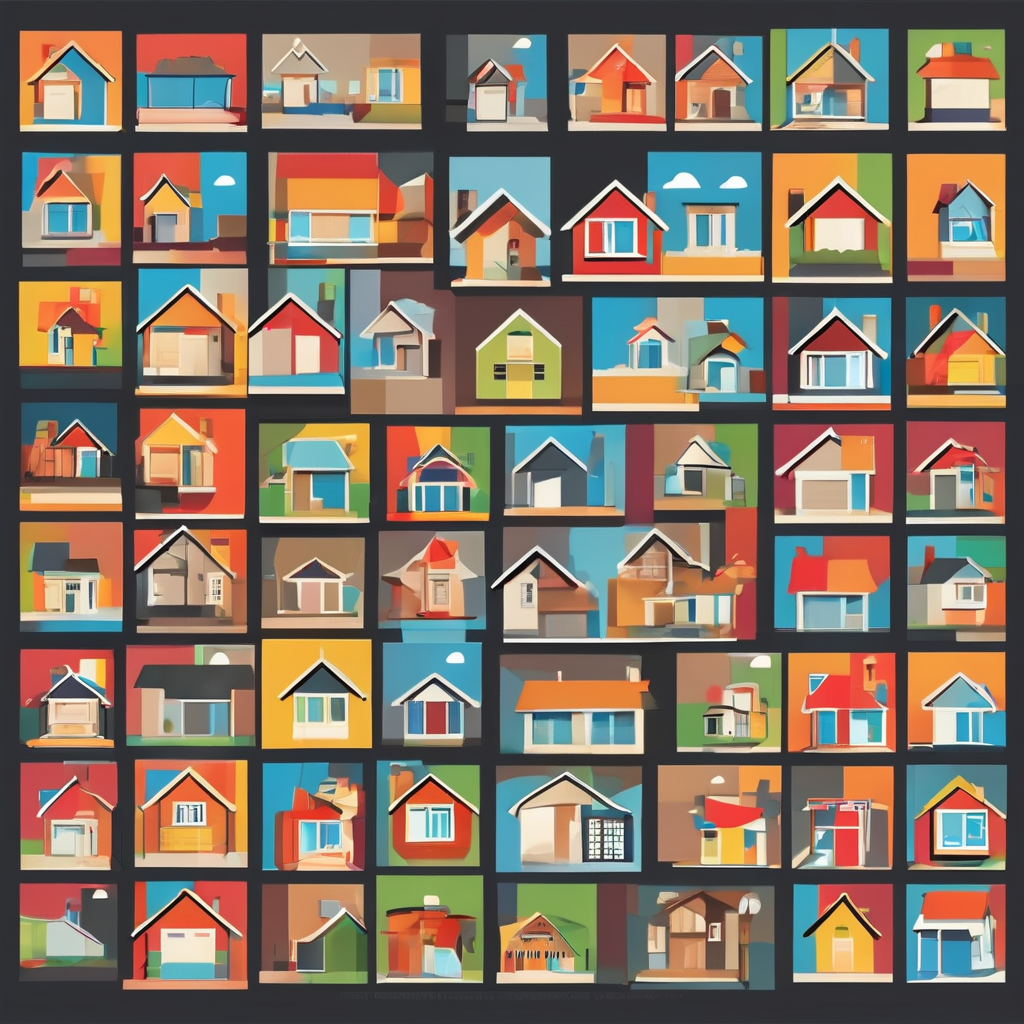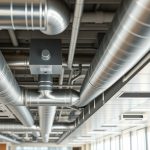How Smart Water Conservation Technology Transforms UK Homes
Smart home water conservation is rapidly reshaping how UK households manage this vital resource. By integrating innovative water solutions, homes can drastically reduce unnecessary water waste while improving efficiency. Core technologies include connected water meters, sensors, and automated systems that provide real-time data, helping users adjust usage proactively.
UK water-saving technology addresses unique challenges like high demand in urban areas and seasonal drought risks. For instance, automated irrigation controllers tailor watering schedules to weather patterns, preventing overwatering. Leak detection systems alert homeowners instantly to leaks, which could otherwise go unnoticed for days, leading to significant water loss.
Also to read : Experience coastal charm: building a durable eco-friendly privacy fence for your uk garden
Such smart water devices UK offer a twofold benefit: conserving water and reducing bills. Adopting these systems means homeowners can track consumption precisely and make informed decisions daily. This transformation not only helps individual households but supports broader community efforts toward sustainability.
By embracing smart home water conservation, the UK taps into both technological advances and environmental responsibility, ensuring resilient water use amid growing pressures on supply. Innovation continues to drive these improvements, turning homes into efficient hubs of sustainable living.
Also to see : Create a serene low-maintenance garden oasis in your small uk outdoor space
Essential Smart Technologies for Saving Water
Smart water devices UK bring precision and convenience to water management in homes. Connected water meters provide homeowners with real-time data on usage, helping identify waste and encouraging mindful consumption. Leak detection systems are another crucial technology: these sensors detect even minor leaks early, preventing water loss and costly damage.
Smart irrigation controllers adjust watering based on weather and soil moisture, ensuring lawns and gardens receive optimal hydration without overuse. This technology is particularly valuable in the UK, where seasonal rainfall variability affects outdoor water needs. Water-efficient appliances, such as smart dishwashers and washing machines, also contribute by optimizing water use per cycle, reducing overall household consumption.
Water-saving apps integrated with these devices empower users to monitor and control their water use remotely. They often feature alerts for unusual activity, consumption trends, and personalized recommendations, making smart home water conservation accessible and effective. These innovations collectively address UK-specific challenges by offering targeted, easy-to-use solutions for sustainable living and cost savings.
How Smart Water Conservation Technology Transforms UK Homes
Smart home water conservation is anchored by core smart devices such as connected meters, leak detectors, and automated irrigation systems. These innovative water solutions provide granular data on usage patterns, enabling precise control and rapid response to inefficiencies. Connected water meters continuously monitor consumption in real-time, detecting anomalies that signal waste or leaks early. Leak detection systems enhance this by alerting homeowners to potential problems—stopping water loss before damage escalates.
UK water-saving technology innovates by addressing the country’s particular challenges, including variable rainfall and aging infrastructure. For example, smart irrigation controllers adapt to changing weather, preventing overwatering in wetter months and optimizing supply during drier times. This flexibility reflects an understanding of the UK’s unique water demand cycles and environmental factors.
Together, these technologies enable tailored water management that benefits homeowners and aligns with broader sustainability goals. The ability to integrate multiple smart home water conservation devices creates a holistic system that adjusts automatically, maximizing efficiency. By transforming traditional water use into a data-driven process, the UK leads in smart water solutions that are both practical and environmentally responsible.
How Smart Water Conservation Technology Transforms UK Homes
Smart home water conservation harnesses innovative water solutions centered on core smart devices designed for precise efficiency. Connected water meters form the backbone of this system by continuously measuring household consumption, enabling users to understand exactly where and when water is used. These meters flag irregularities promptly, allowing swift responses to reduce waste.
Complementing meters are leak detection systems, crucial in the UK where aging pipes can cause hidden leaks that waste large volumes. These sensors alert homeowners instantly to even minor leaks, helping prevent structural damage and costly bills.
UK water-saving technology also addresses local challenges such as the country’s fluctuating rainfall and water demand. Smart irrigation controllers adapt watering schedules based on real-time weather and soil moisture data, ensuring gardens receive optimal hydration without excess.
By integrating these devices, homes become active participants in water conservation, combining data-driven insights with automated controls. This synthesis of technologies not only saves water but aligns with wider environmental responsibilities, showcasing how smart home water conservation can transform everyday water use in UK households.
How Smart Water Conservation Technology Transforms UK Homes
Smart home water conservation in the UK hinges on core smart devices that optimize household water use with precision. Connected water meters deliver continuous, real-time tracking of consumption, making inefficiencies immediately visible. This transparency empowers homeowners to pinpoint waste and adjust habits swiftly. UK water-saving technology extends this by implementing leak detection systems that catch leaks early—reducing water loss, property damage, and repair costs.
UK homes face unique water-use challenges such as unpredictable rainfall, aging pipe networks, and seasonal demand spikes. Addressing these, innovative water solutions include smart irrigation controllers that tailor watering schedules dynamically based on current weather or soil moisture levels. This prevents overwatering, crucial for conserving water during dry spells.
These technologies represent more than convenience; they create an integrated system where data-driven insights and automation combine to reduce waste. By adopting such UK water-saving technology, households not only slash water bills but also contribute to broader environmental resilience. The confluence of connected meters, leak detection, and adaptive irrigation exemplifies how smart home water conservation transforms routine water management into a sustainable, efficient practice.










